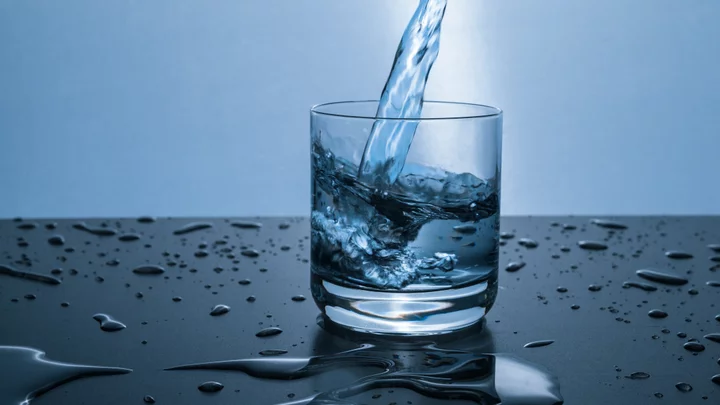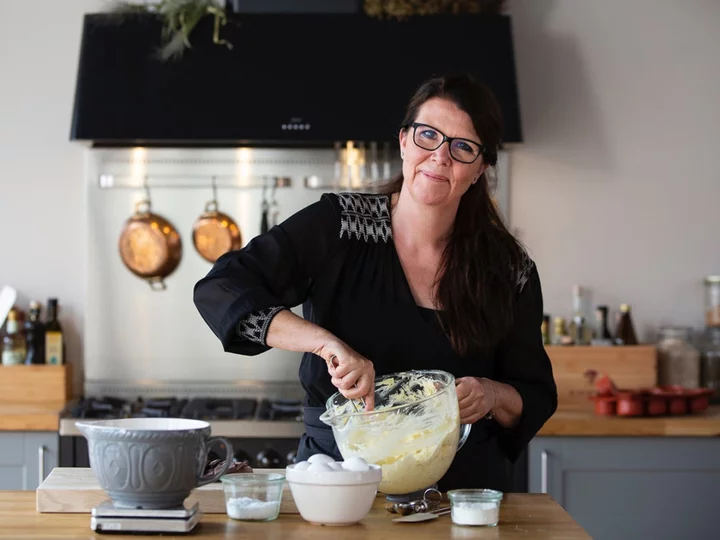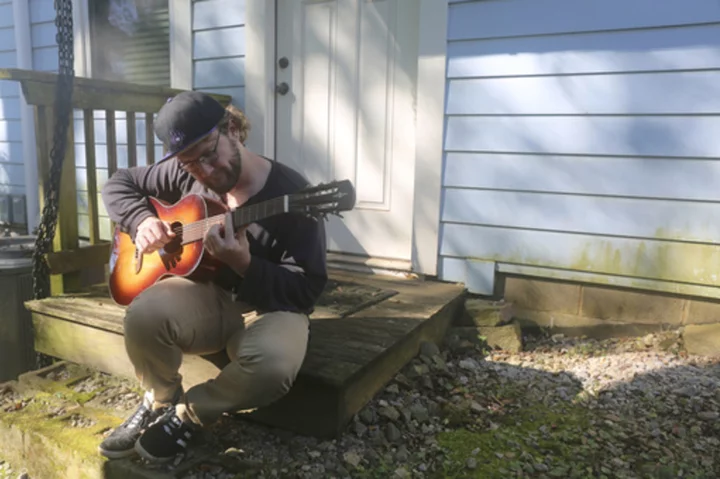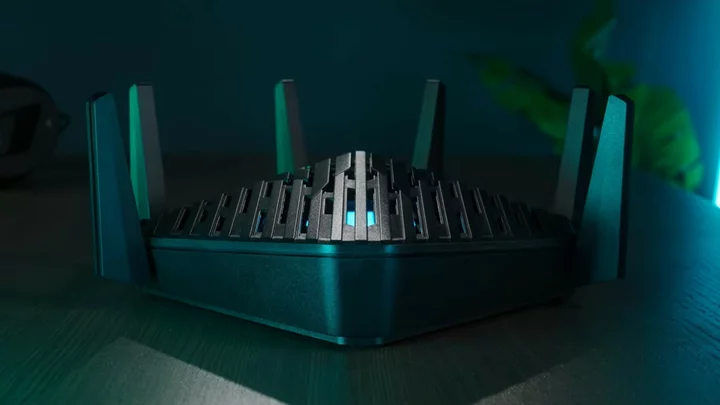This content originally appeared on Mashable for a US audience and has been adapted for the UK audience.
If you're trying to eliminate single-use plastic from your day-to-day life, but chlorine-heavy tap water just isn’t to your H2O tastes, fear not. There is a solution. What you need is a good quality water filter. It's one of the new kitchen essentials.
Water filters and purifiers remove contaminants and impurities to make water more suitable for drinking. This allows you to utilise a reusable water bottle (thereby saving on landfill) and have clean water that you actually feel good about drinking.
But what sort of water filter do you need? That depends on your lifestyle and water drinking habits. Here's some basic advice to help quench your thirst for a filter.
Should you filter tap water?
If you experience a chlorine odour or taste, you might want to run your water through a filter. If you live in an area with threatened or compromised water supplies, absolutely yes you should filter your tap water — you do not want to be drinking lead or mercury or bacteria. If you're unsure or nervous about your water quality, test it.
What type of water filter is best?
There are a few different types of water filters. They each have different purposes.
Water filter jugs and dispensers — These types of filters are easily stored in the fridge or on the kitchen counter. They're best for people who don't need loads of filtered water at once. They usually don't purify water, so they're also best for city water that doesn't have viruses or bacteria in it.
Tap mounts — A tap water filter allows you to dispense filtered water directly from your sink to your glass. They attach onto your tap and typically last longer than other options, filtering out more impurities than jugs do. They tend to look a bit bulky, but on the other hand, they don't take up any space in the fridge.
Under sink filtration systems — Under-the-sink water filtration systems are a bit more heavy duty and are typically for water that needs quite a bit of help. For instance, if you have well water, one of these systems can make it drinkable and get rid of its rotten egg smell and slightly brown colour. Complete filtration systems will do the best overall job cleaning and purifying water.
Keep these water filter categories in mind when beginning your purchase process.
Do water filters really work?
Yes. Before you buy a filter, look at your water. What contaminants are in it? If it's standard stuff like chlorine, mercury, and pesticides, you can get away with a basic jug filter. If you've got more extreme stuff, like lead and bacteria, a tap attachment might be best. The best way to tell if a filter is making a difference is to measure the levels in your unfiltered tap water versus the levels in water from your filter.
How do you test your water?
You can actually test your water in a couple of different ways. Testing for pH levels is one route, and you'll want to make sure your water is about a seven to 10. Another test is for measuring total dissolved solids (TDS) or salt, metal, or minerals in the water. These are your leads and chlorines and other similar contaminants.
TDS is measured in milligrams per unit volume or also referred to as parts per million (ppm). Ideal drinking water is 0 to 50 ppm, acceptable levels range from 50 to 140 ppm, and average tap water falls between 140 and 400 ppm. Essentially, the higher the number, the more metals and minerals you have in your water.
What is the best water filter?
After doing thee research and reading a lot of reviews, we've come up with some top picks for the best water filters. There should be something for everyone and every situation in this list. You just need to pick a favourite.
These are the best water filters in 2023.









